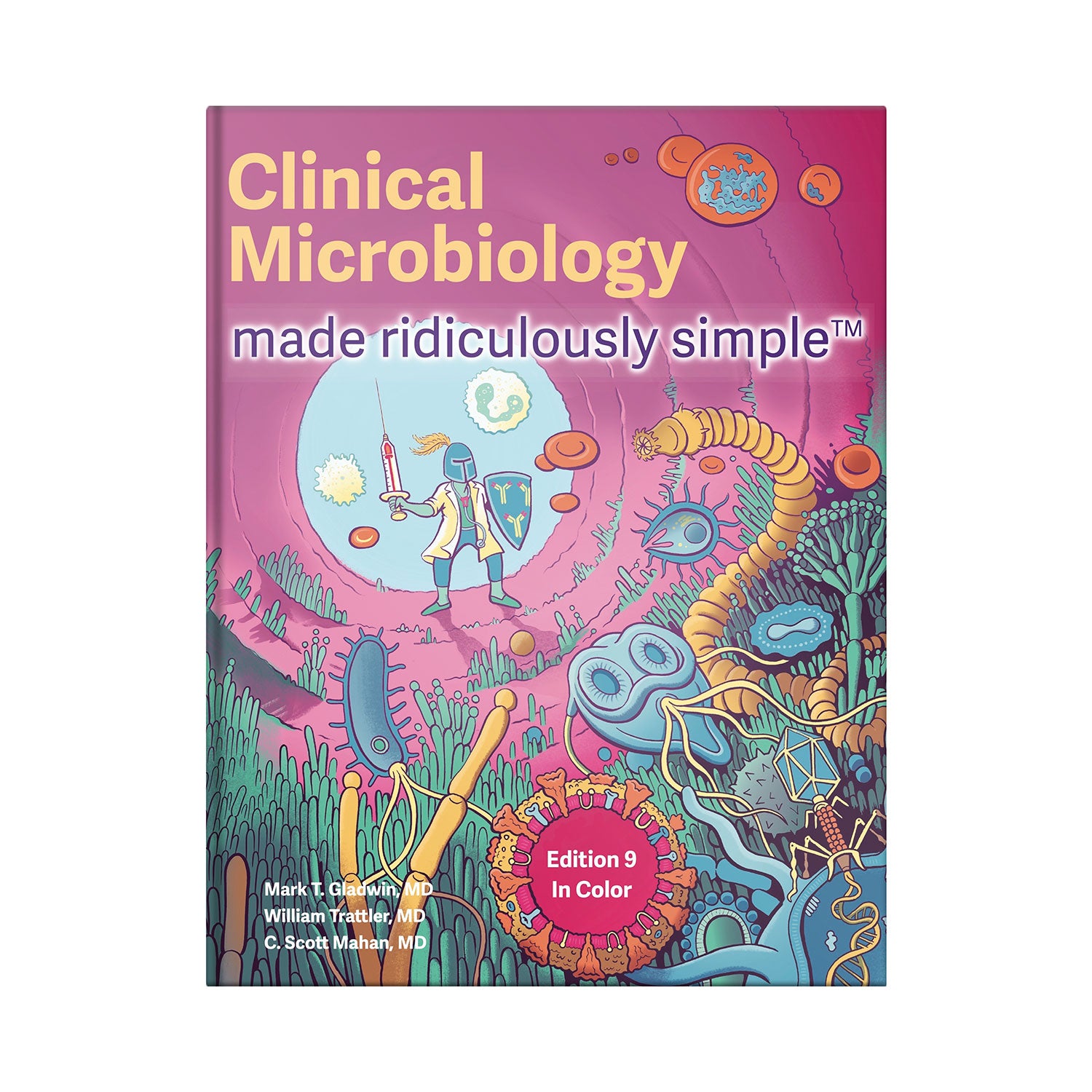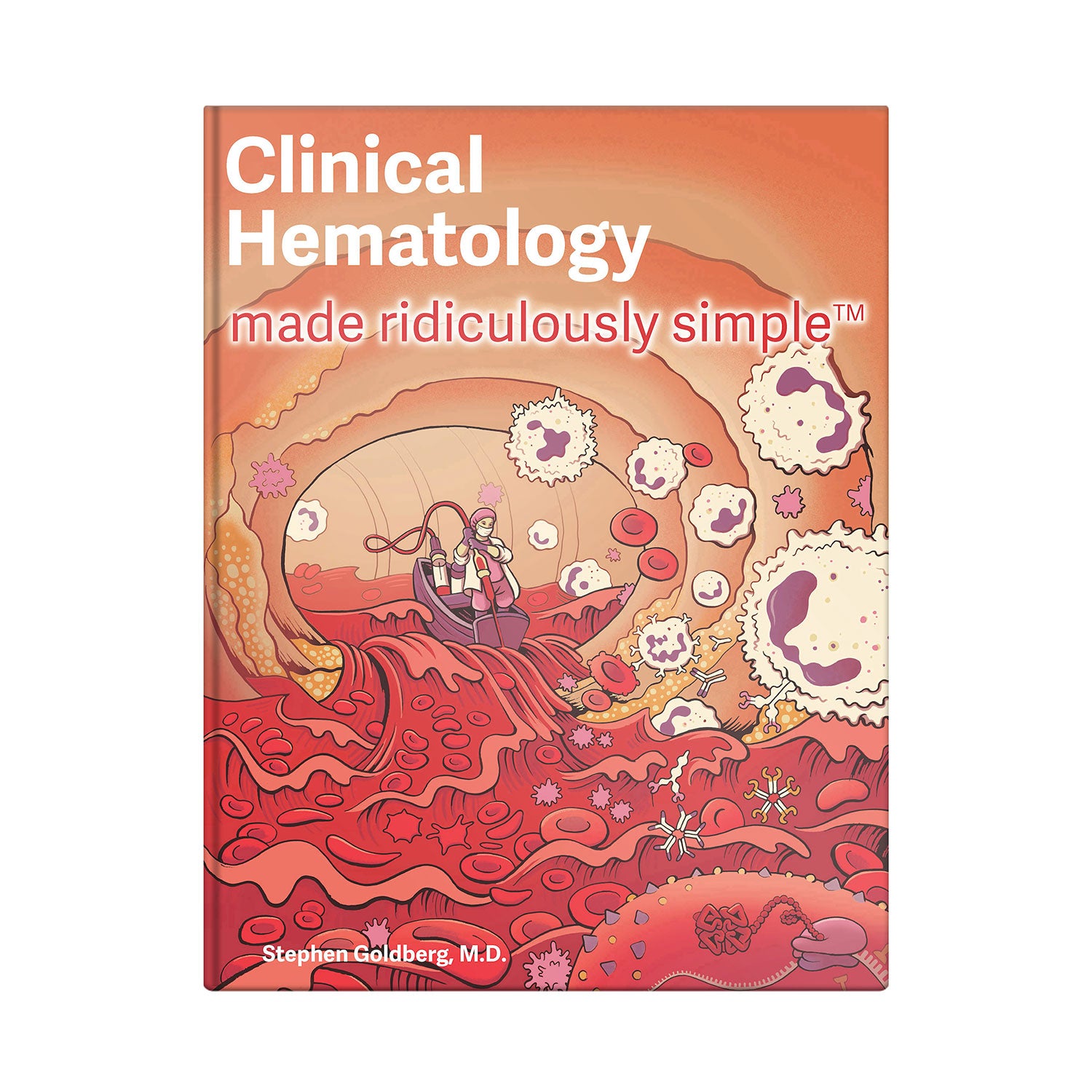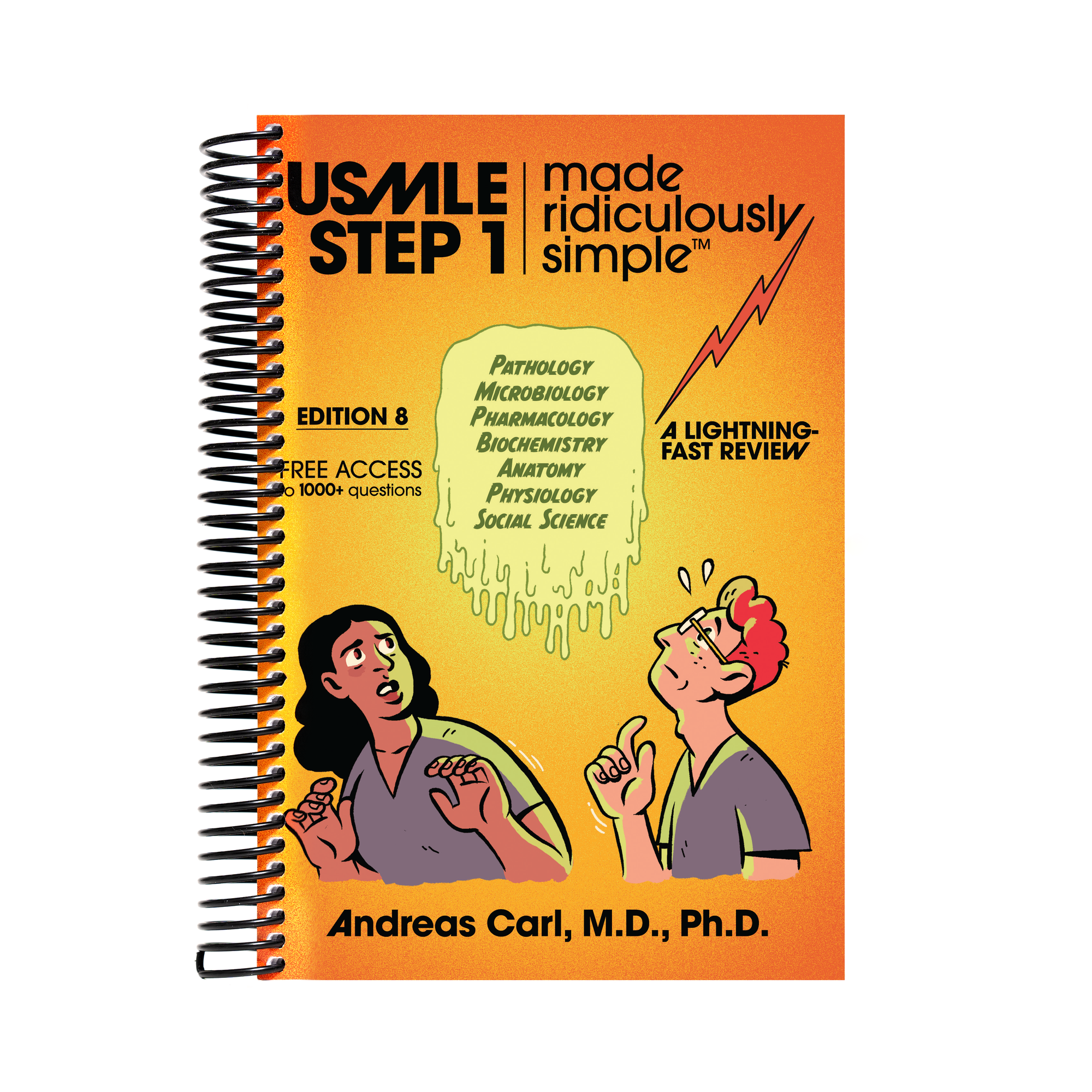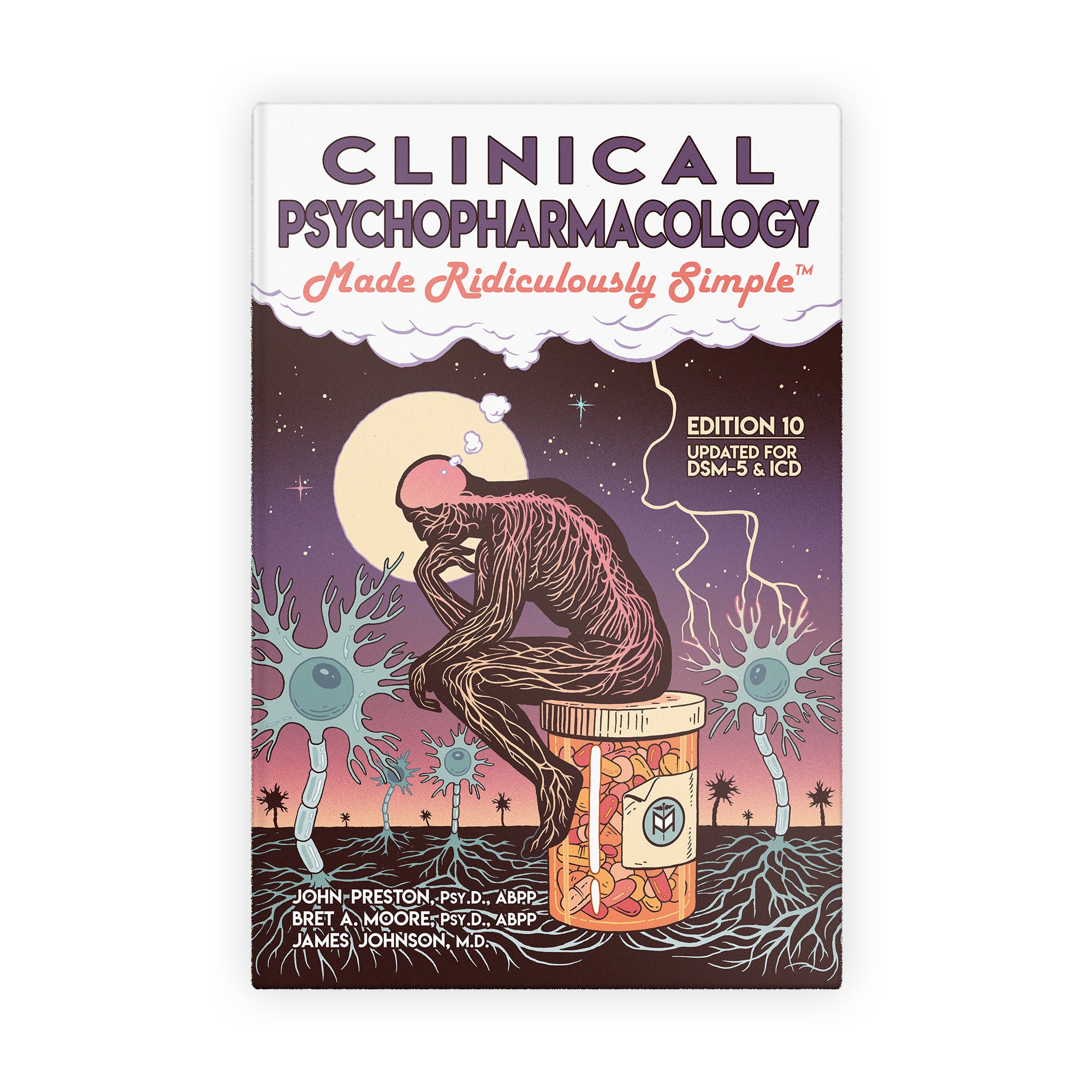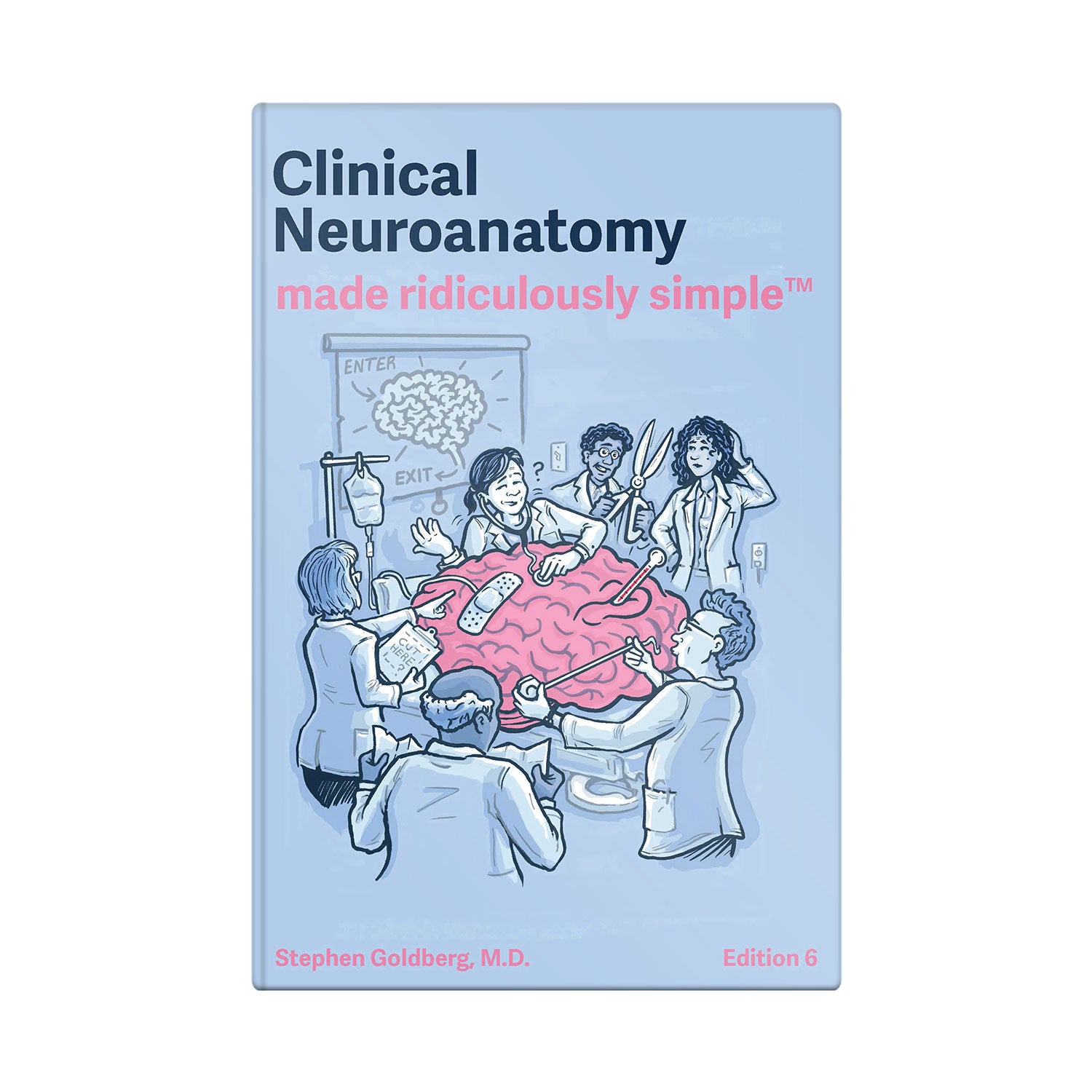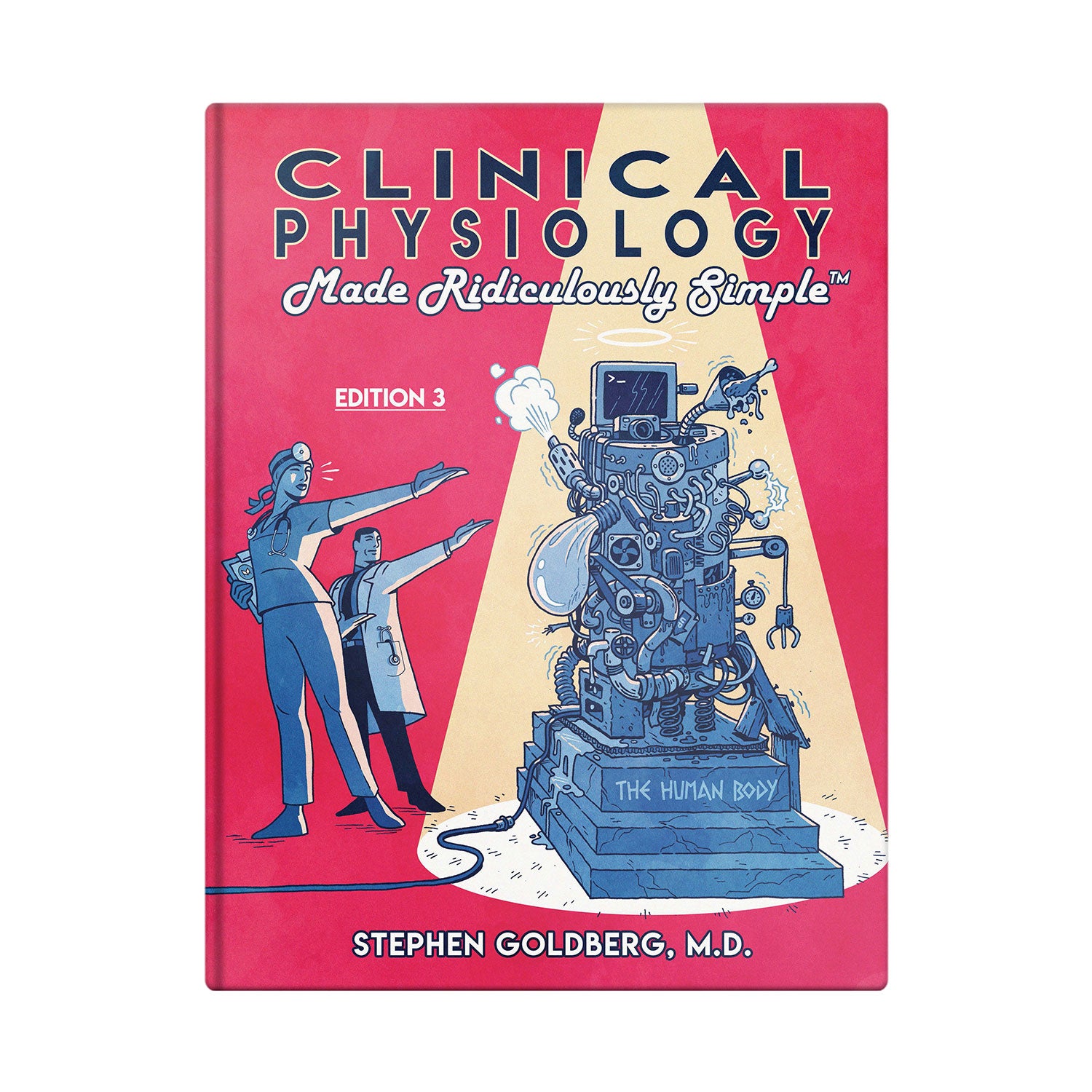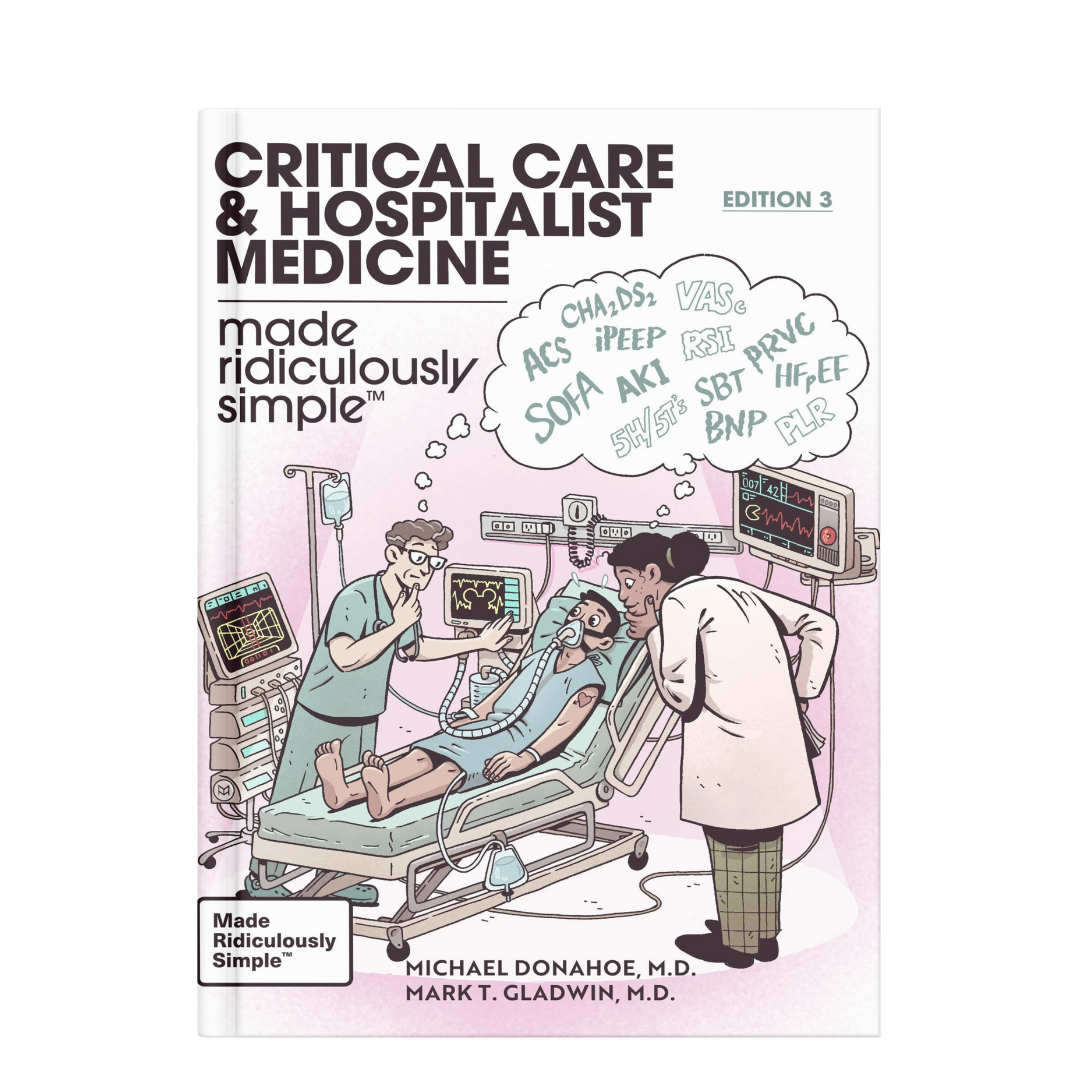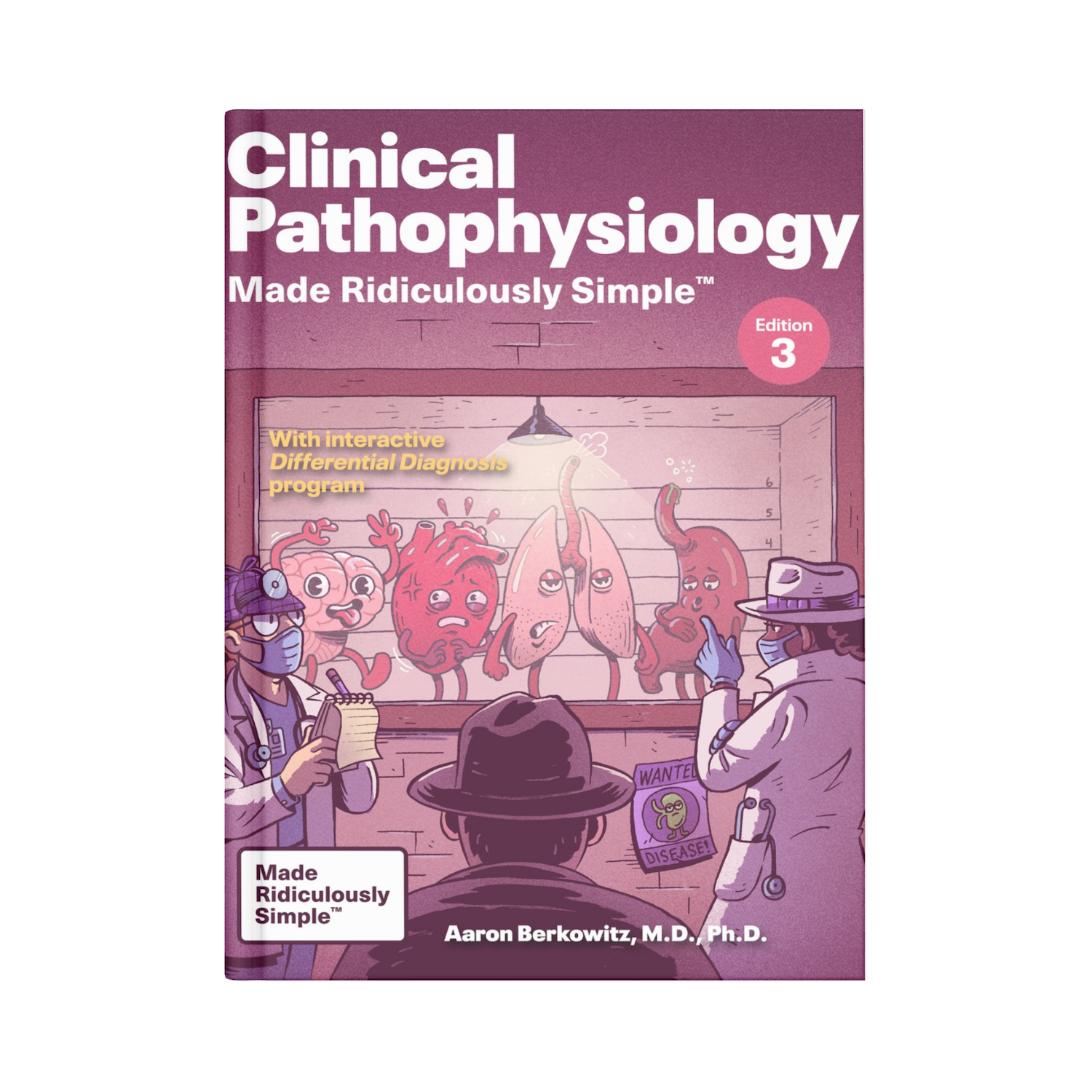
Medical Curriculum In The First Two Years Of Med School
The juggler is more likely to succeed by practicing one skill at a time, and then, after learning each of them, practicing them together.
Say you have a juggler who wants to be the best ever, to juggle 7 balls at the same time as balancing a stick on his head and twirling 3 hoops around his leg. How would he go about learning this amazing stunt, which combines three skills? You might say to start off practicing all of these skills together, since this is the final result the juggler wants to achieve. However, the juggler is more likely to succeed by practicing one skill at a time, and then, after learning each of them, practicing them together.
It is similar in working with patients. In evaluating patients, it is important to incorporate the considerable information you have acquired in the basic sciences. For that reason, medical school education in the past consisted of spending the first two years learning the individual basic sciences and then putting this information together when seeing patients.
![jellyfish-cpr-[Converted]](http://medmasterbooks.files.wordpress.com/2011/10/jellyfish-cpr-converted.jpg)
More recently, however, the trend in some schools is to start right from the beginning seeing patients, before there is a background in knowledge. Is this the best way to learn medicine? I suspect that a leading reason for the change to seeing patients right away is the impatience at having to wait so long before entering the clinical world. In particular, since the basic sciences are typically taught by non-clinicians, and much emphasis is on information that the student does not find relevant clinically, the student wants greater clinical exposure right from the start.
It seems to me that the better way to approach medical education in the first two years is the old way of learning the basic sciences first, but with a strong clinical emphasis, minimizing information that does not have clinical relevance. By cutting down on the more esoteric, clinically non-relevant information, there would be more time in the second year to study for the USMLE Step 1 (an exam taken at the end of the second year), put the information together, and better prepare for seeing patients.
You, as a student, may have little control over how your school arranges the curriculum, but should not feel as if something is wrong with you if you feel somewhat lost in evaluating patients before you are prepared. Some schools may offer the student a choice of following the more traditional curriculum or following one that emphasizes early clinical exposure. Personally, I would opt for the former, but use a text that emphasizes clinical relevance.
What do you think?
The Goldberg Files
The Goldberg Files is based on the struggles of Dr. Goldberg as well as those of his many students which he observed while teaching medical school for 25 years. This extensive blog is dedicated to assisting students in dealing with the stresses of medical education. Want to learn more?

